Best Practices
Advertisement
The rapidly evolving landscape of MIBC care requires healthcare professionals to quickly adapt to patient needs.
Nurse-led health coaching showed significant benefits for clinical and psychosocial outcomes in patients with cancer.
Ovarian cancer can pose a significant psychological impact on young and middle-aged patients who may be prone to rumination.
Darcy Burbage, DNP, RN, AOCN, explains how nurses can assess survivorship needs and connect survivors with resources.
Oncology nurses are uniquely positioned to prepare and support climate-informed care for patients with GVHD.
As patients increasingly explore CBD to manage GVHD or its symptoms, oncology nurses should be aware of the data.
Learn about a new system to educate oncology nurses on the latest guidelines for managing infusion-related reactions.
Nurses are instrumental in guiding patients through the decision-making process around repeat biopsies.
Learn about the factors that oncology nurses should consider when caring for patients who are undergoing BRCA testing.
A new study highlights the critical role of nurses in cost-effectiveness and resource management.
Darcy Burbage, DNP, RN, AOCN,
Joyce Neumann, PhD, APRN, AOCN, HEC-C, FAAN, shares insights from her career as a clinical ethicist.
Darcy Burbage, DNP, RN, AOCN, explains how she works to align cancer survivorship plans with individual needs and goals.
Brenda S. Nettles, DNP, MS, ACNP-BC, AOCNP, CNE, discusses how to help maximize quality of life in survivorship.
Laura Macke, MS, FNP-C, reflects on her experiences at ASCO 2025 and the data she looks forward to telling patients about.
Darcy Burbage, DNP, RN, AOCN, shares how she helps patients navigate the transition from cancer treatment to survivorship.
Alexis Larson, APRN, NP-C, OCN, shares what a survey showed about unmet needs and how solutions are being implemented.
Martha Raymond, MA, the CEO of the GI Cancers Alliance, discusses the brand-new Collective Action Roadmap for GI Cancers.
Darcy Burbage, DNP, RN, AOCN, shares how she has seen cancer survivorship care evolve throughout her career as a nurse.
A theory-driven and culturally tailored educational program showed a “positive impact” on cervical cancer screening ...
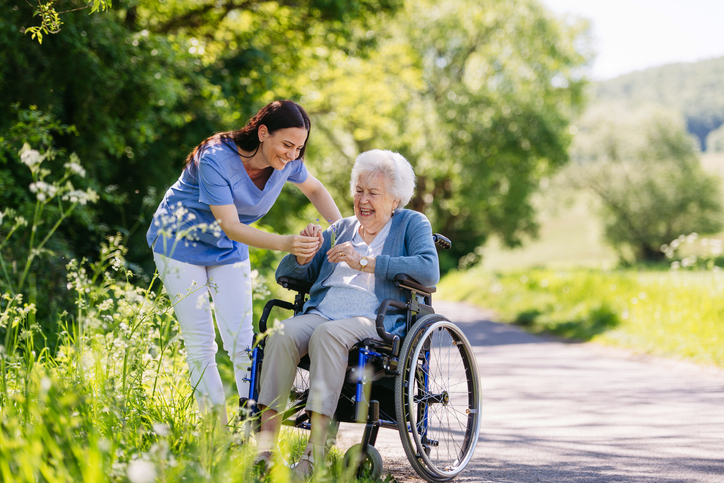
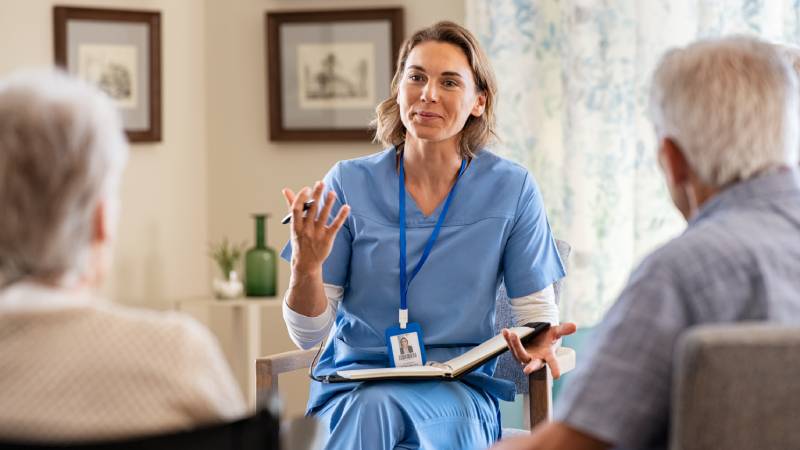
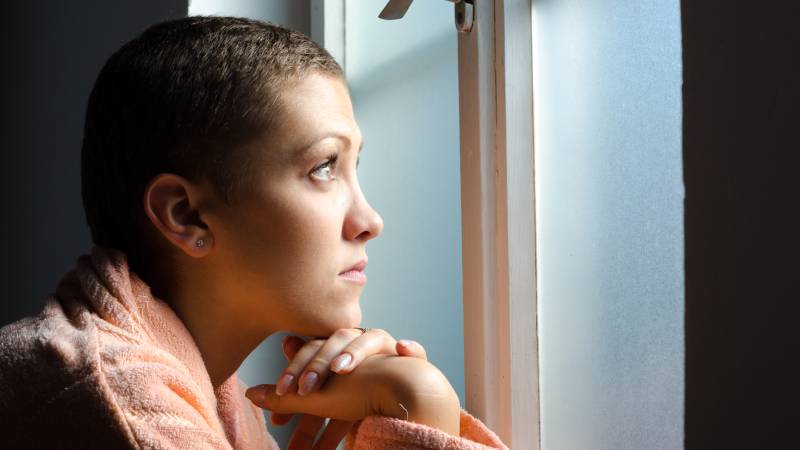
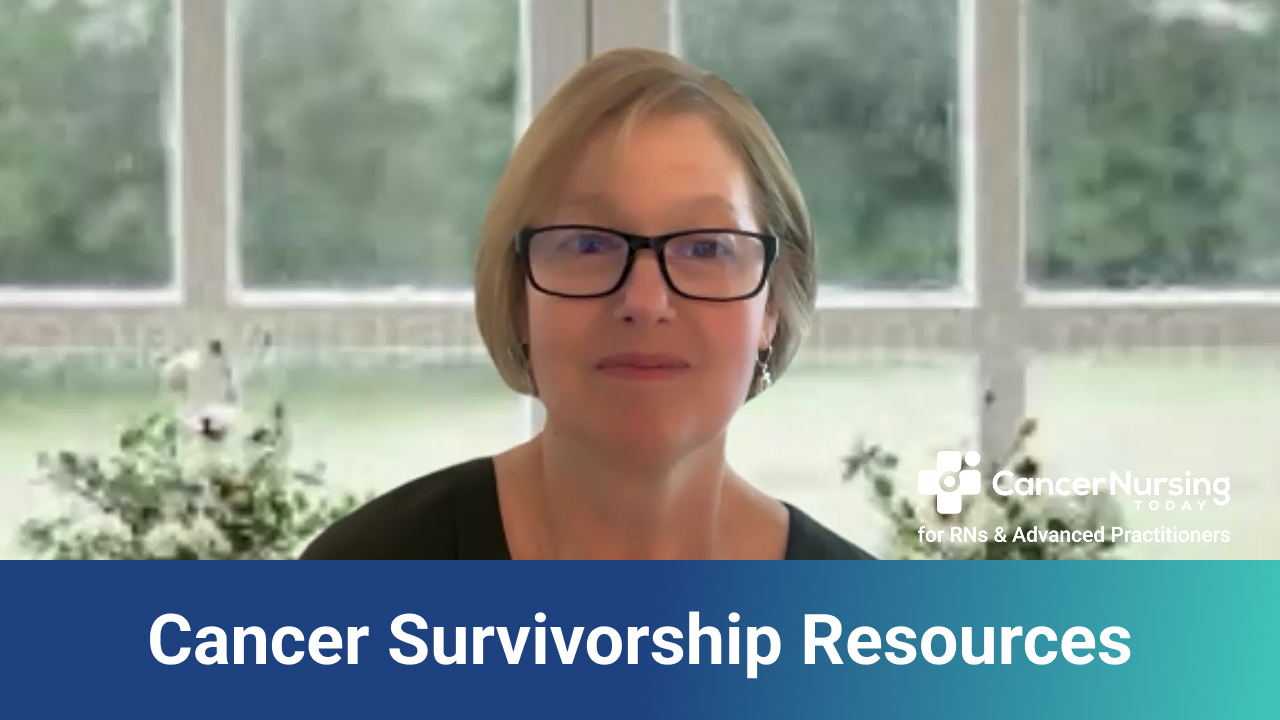


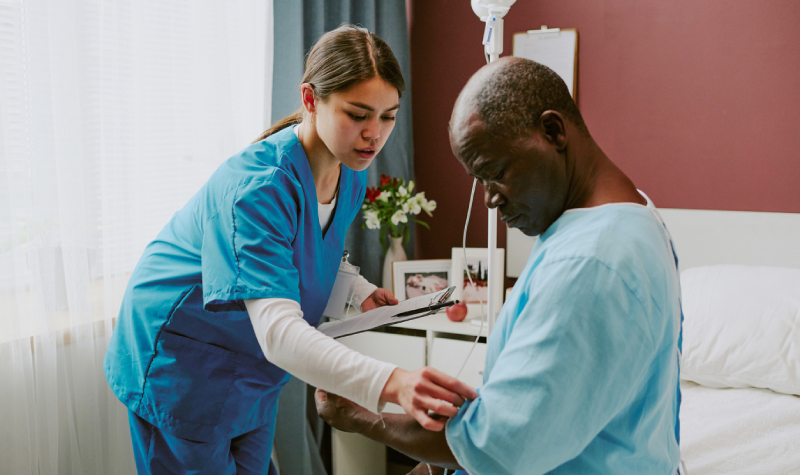




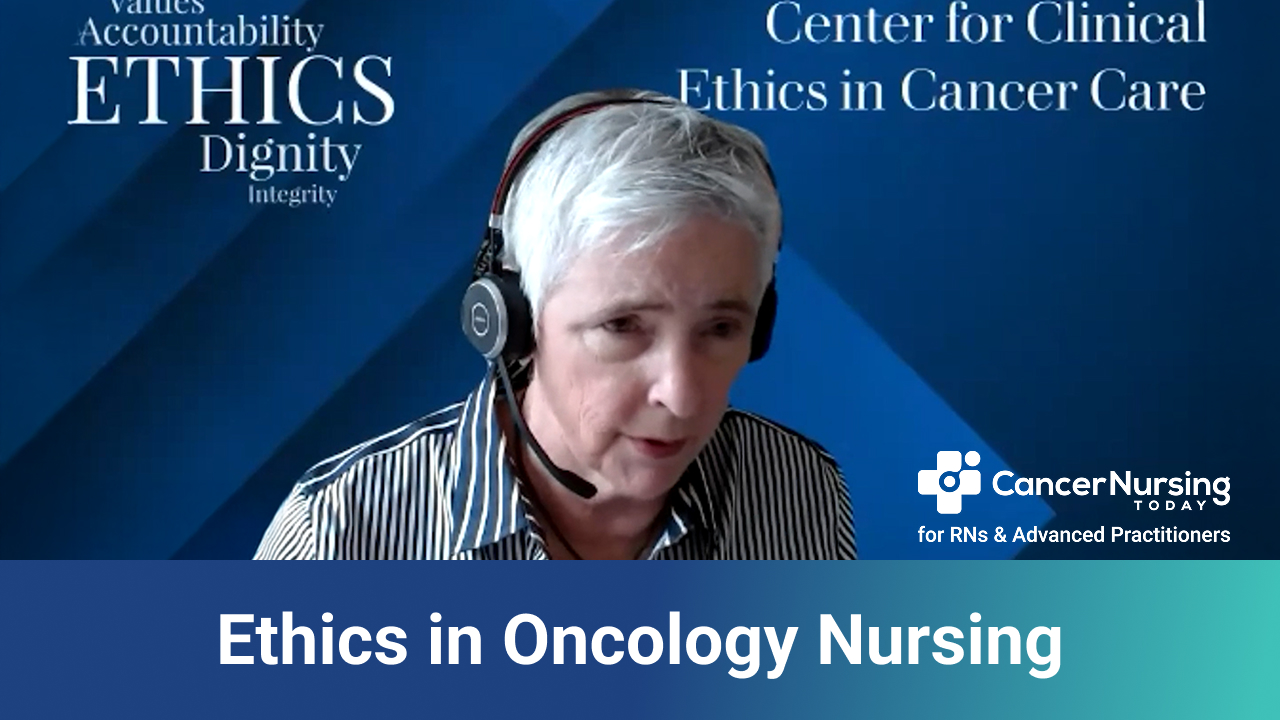
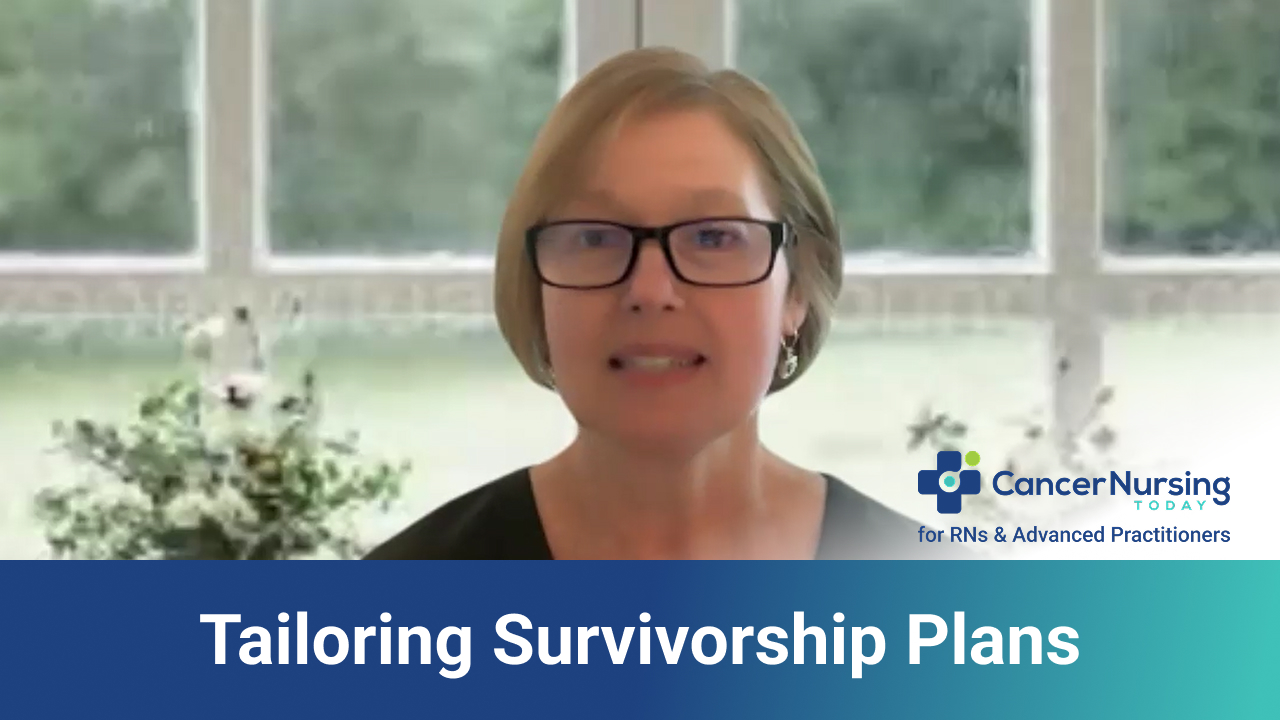
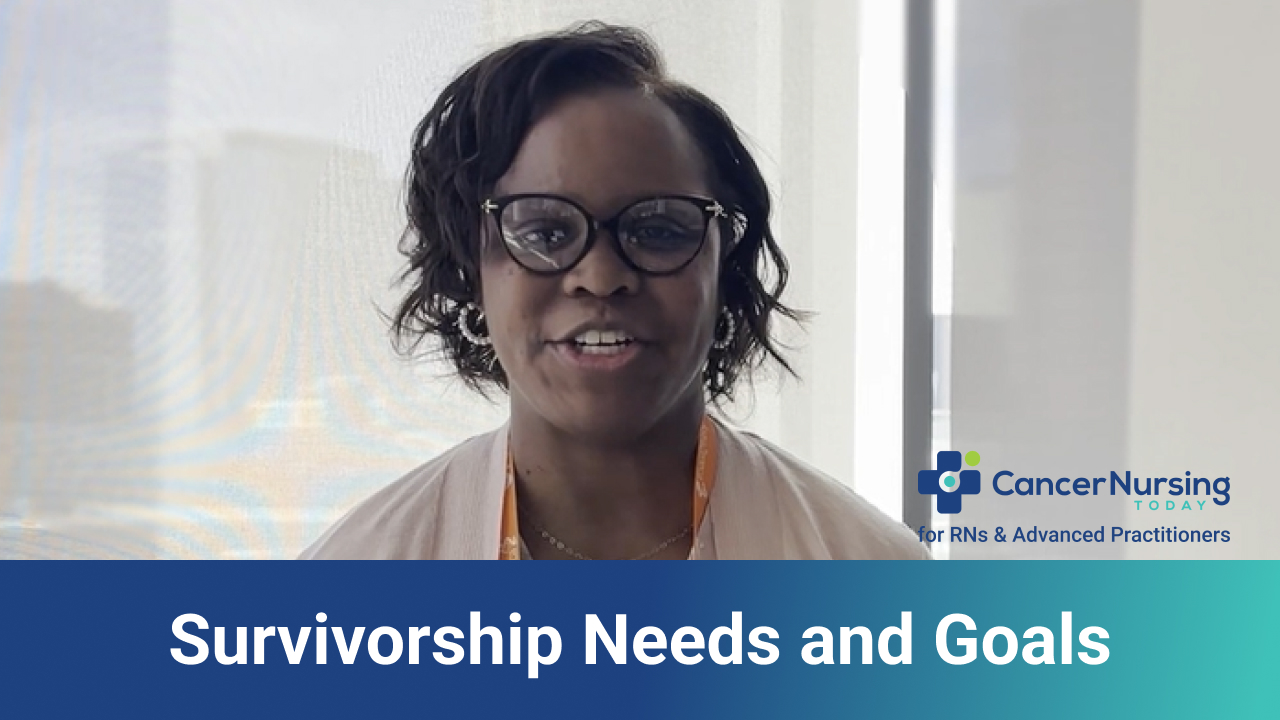
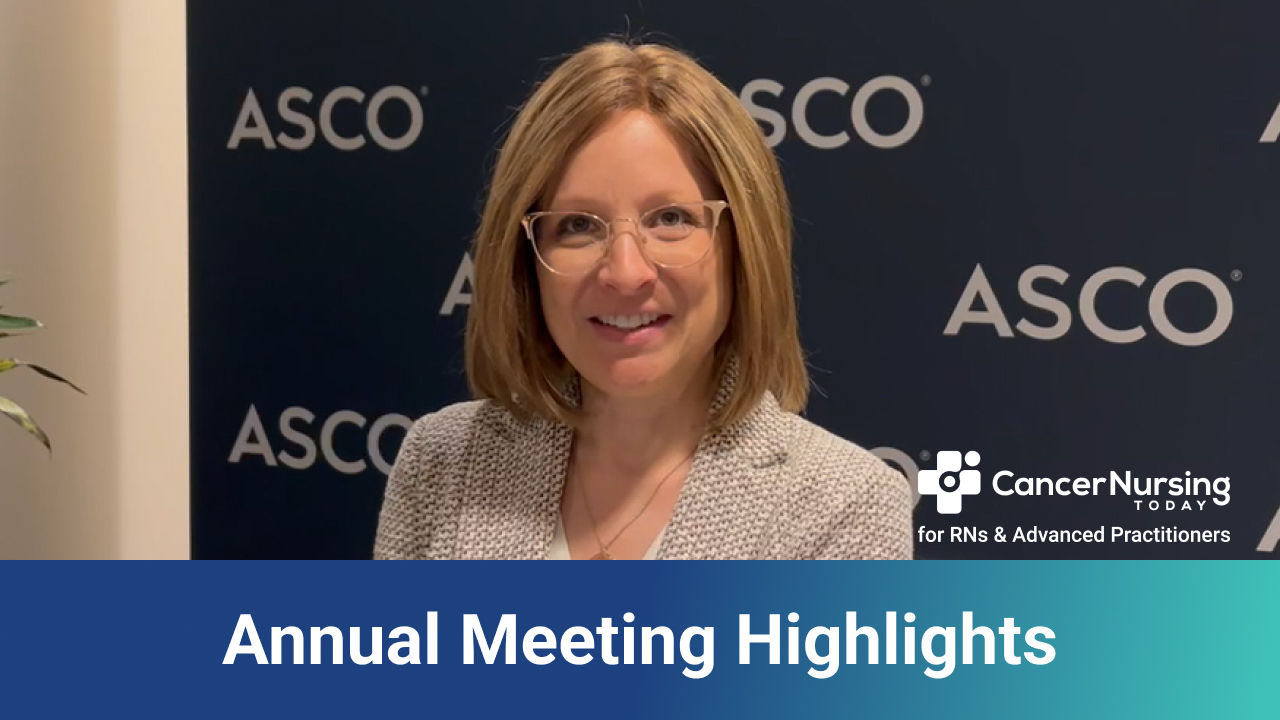
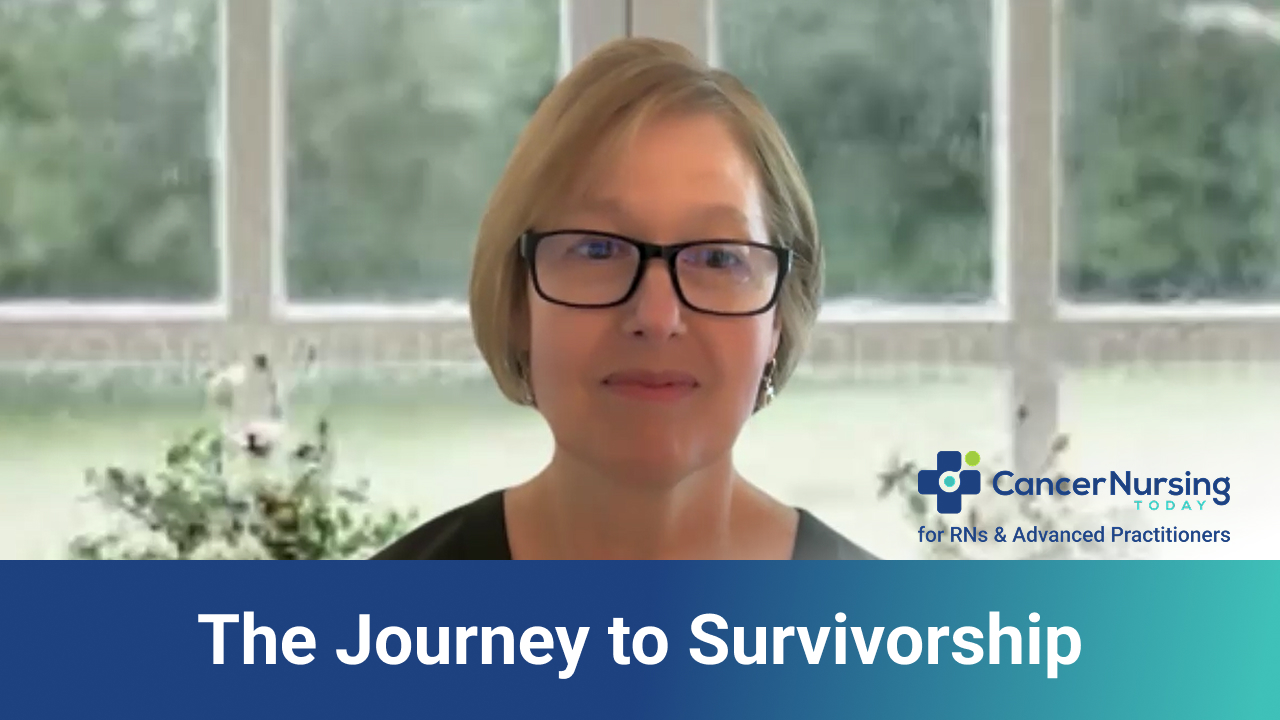
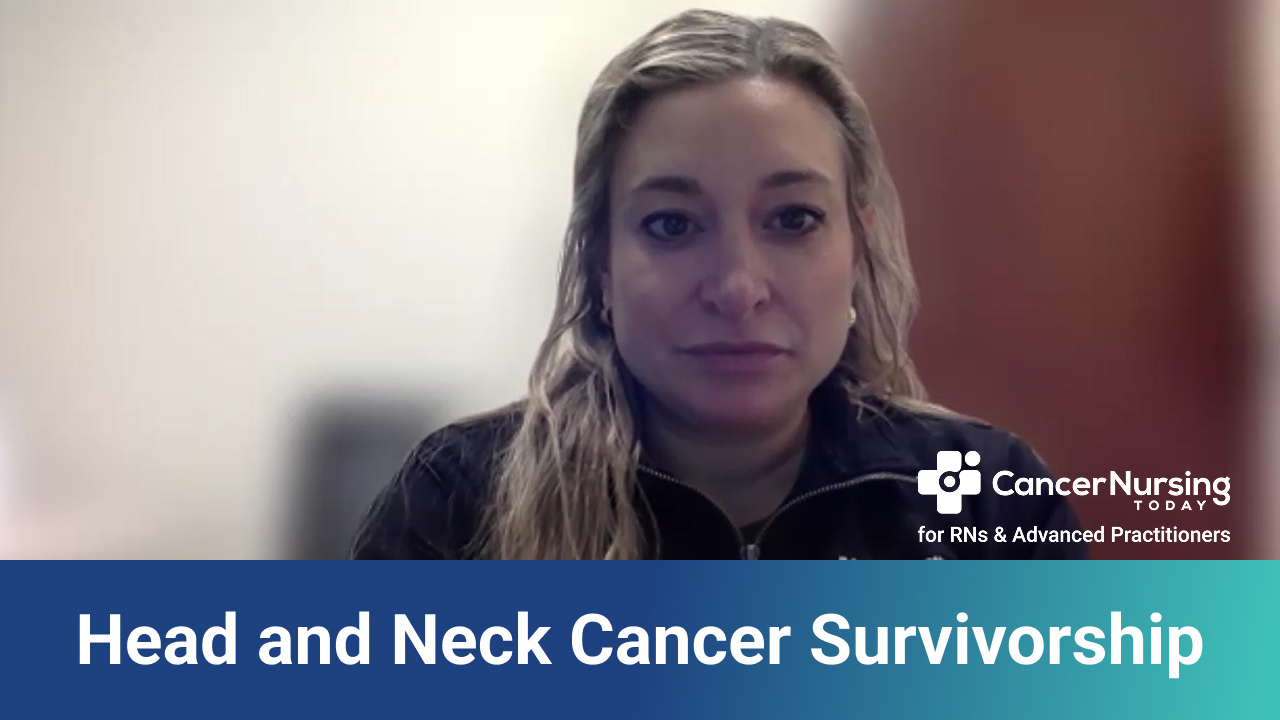
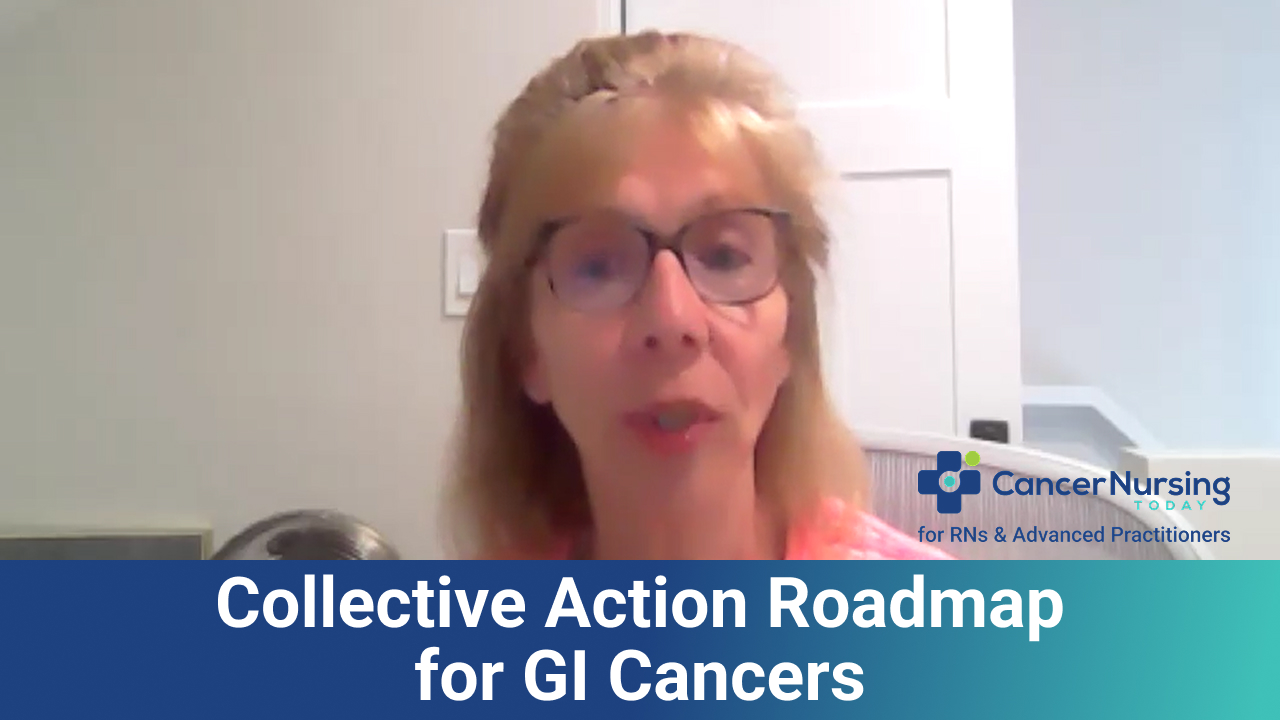
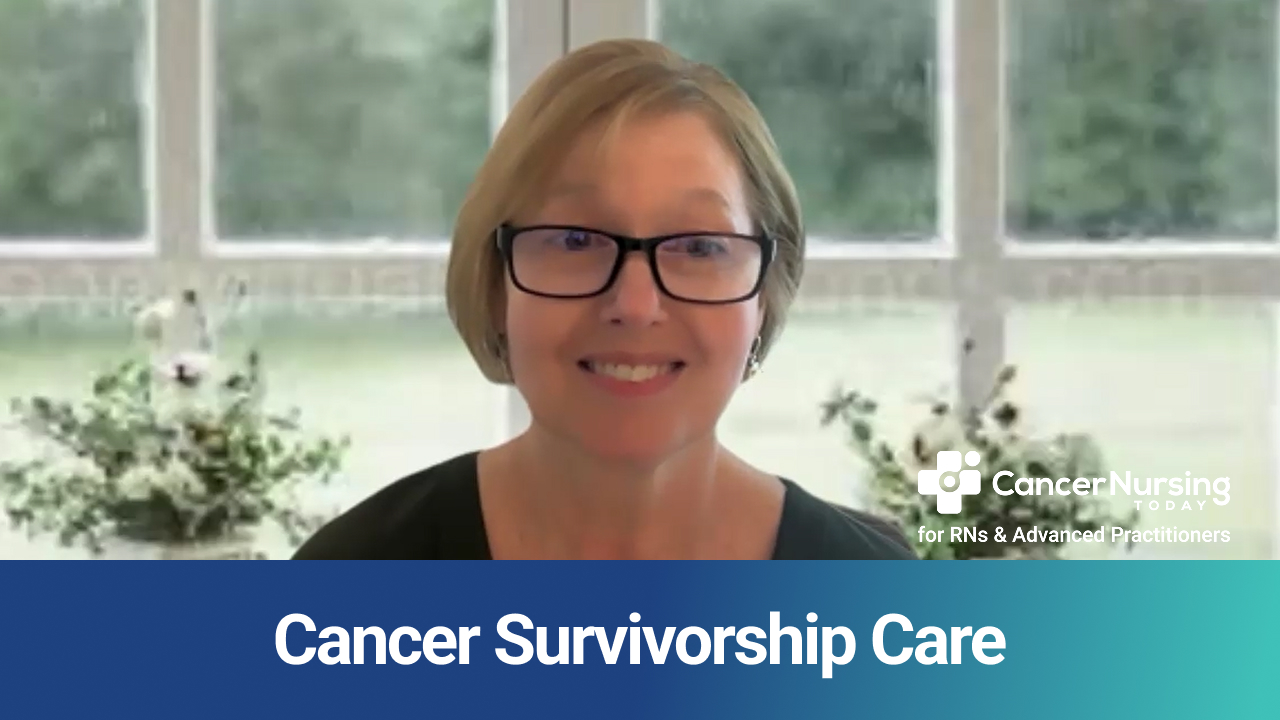


 © 2025 Mashup Media, LLC, a Formedics Property. All Rights Reserved.
© 2025 Mashup Media, LLC, a Formedics Property. All Rights Reserved.